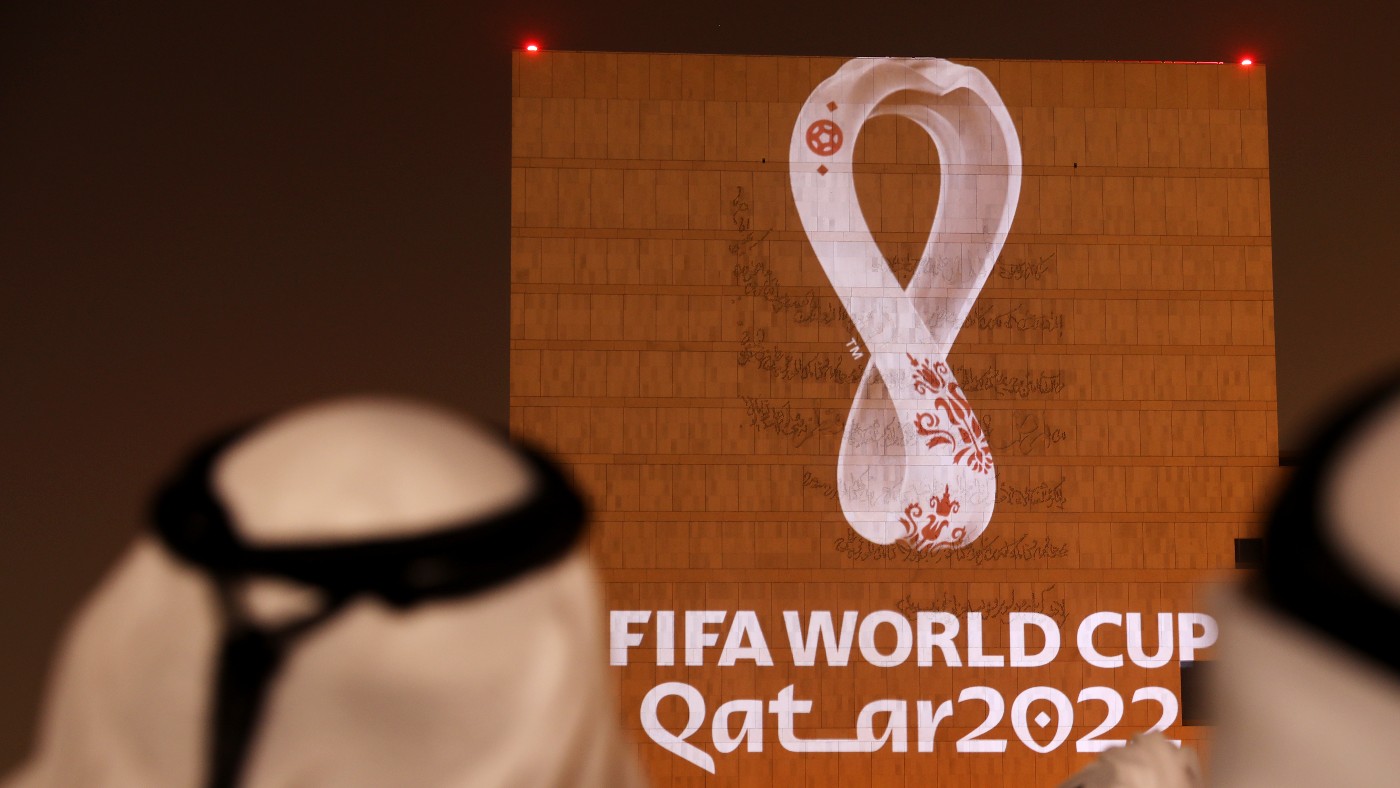The arguments for and against boycotting sporting events
Protesters say regimes are ‘sportswashing’ but others argue that shunning tournaments is ineffective

A free daily email with the biggest news stories of the day – and the best features from TheWeek.com
You are now subscribed
Your newsletter sign-up was successful
With China preparing to host the 2022 Winter Olympics and Qatar set to stage the World Cup, calls are growing for boycotts of tournaments held in countries that violate human rights.
Saudi Arabia is also investing heavily in staging high-profile, international sporting events such as Formula One, as well as acquiring an 80% stake in Newcastle United F.C. Campaigners say such nations are using sports to cover up their poor human rights records – a tactic known as “sportswashing”.
But while some argue that boycotting sporting tournaments is an effective way to strike back, critics claim the tactic risks scoring an own goal.
The Week
Escape your echo chamber. Get the facts behind the news, plus analysis from multiple perspectives.

Sign up for The Week's Free Newsletters
From our morning news briefing to a weekly Good News Newsletter, get the best of The Week delivered directly to your inbox.
From our morning news briefing to a weekly Good News Newsletter, get the best of The Week delivered directly to your inbox.
Pros
Boycotting sports events in places where human rights violations and corruption occur can “help deter their recurrence in the future”, argued Ilya Somin, a professor of Law at George Mason University in Virginia.
“Denying propaganda opportunities to oppressive regimes and tarnishing their image can incentivise reforms,” Somin wrote in an article for Reason magazine, published by the Reason Foundation libertarian think-tank. And “at the very least, boycotts in such cases can deny revenue and PR opportunities to the perpetrators of grave wrongs”.
The deaths and treatment of migrant workers in the construction of the stadiums for the 2022 Fifa World Cup in Qatar has triggered anger worldwide. An analysis by The Guardian in February suggested that more than 6,500 migrants had died in the ten years since Qatar secured the hosting rights amid allegations of bribery. The total death tally equates to roughly one fatality for every minute of football to be played at the tournament.
A free daily email with the biggest news stories of the day – and the best features from TheWeek.com
The current England squad has been criticised for failing to speak out about human rights issues in Qatar, which ranks 126th out of 167 countries in the Economist Intelligence Unit’s latest World Democracy Index. Pro-boycotters including former Crystal Palace F.C. owner Simon Jordan have argued that national teams could make a difference by shunning the upcoming tournament.
Jordan told TalkSport last month that if the England squad “really want to do something about it then they boycott the World Cup”, adding that “anything else is tokenism and lip service”.
Opponents have insisted that international sports events should be kept free of politics. But Professor Somin argued on Reason that “the problem with this theory is that the Olympics and other similar events are virtually always used as propaganda tools by host governments, as happened with Nazi Germany in 1936, the USSR in 1980, and Vladimir Putin’s regime in 2014”.
Cons
Many critics question whether boycotts are effective. “Only the anti-apartheid movement’s campaign can be said to have made a significant and tangible contribution to political change,” wrote sports journalist David Goldblatt in an article for Prospect. And even that success required, “amongst other things: a truly global alliance of actors; a clear set of political and sporting demands; significant support from South African opponents of the apartheid regime; a combination of government support and social movement pressure from below; a situation in which exclusion from international sport carried real domestic political costs for the apartheid regime; and more than three decades of work”.
Given those requirements, he continued, “what hope is there that the boycott campaigns around Beijing 2022 and Qatar 2022 can gather support and make a difference?” And “what, exactly, are we asking for? The dissolution of the Chinese Communist Party? Citizenship for Qatar’s two million foreign workers?”
Opponents of boycotts also argue that it is unfair and unrealistic to ask athletes to sacrifice their careers. “Expecting a group of footballers to miss the biggest tournament of their lives, going above and beyond any other politician or cultural leader in the country, is unrealistic,” wrote the i news site’s chief football writer Daniel Storey.
Instead, some campaigners and organisations, including F.C. Bayern Munchen, advocate “change through dialogue”, said ISPO. The German club has maintained “excellent – and often heavily criticised – contacts with Qatar for years”, the sports magazine noted.
Gay fans of Newcastle United made a similar suggestion after a Saudi-backed group took over their club earlier this year. The United With Pride fans' group said that, rather than boycotting or other direct action, it hoped to work with the new owners to exert a “positive influence to improving the conditions for the LGBTQ+ community in Saudi Arabia”, reported Newcastle upon Tyne-based paper The Chronicle.
Despite being labelled “naive”, the group said they had collectively agreed to take a “pragmatic approach” to Newcastle's new owners rather than simply “burn bridges”.
Anti-boycott voices also argue that focusing as much attention as possible on tournaments is the most effective way to bring about change. For instance, Amnesty International opposes a boycott of Qatar 2022, saying that “we want to take advantage of the international attention at the World Cup”.
On a less idealistic note, German sports journalist and author Ronny Blaschke has argued that “anyone calling for a boycott of the World Cup in Qatar would have to boycott the entire football industry”, reported ISPO. Corruption is omnipresent in the sport, according to Blaschke, and “we should say goodbye to the utopia that the commercial logic of professional football can be overcome”.